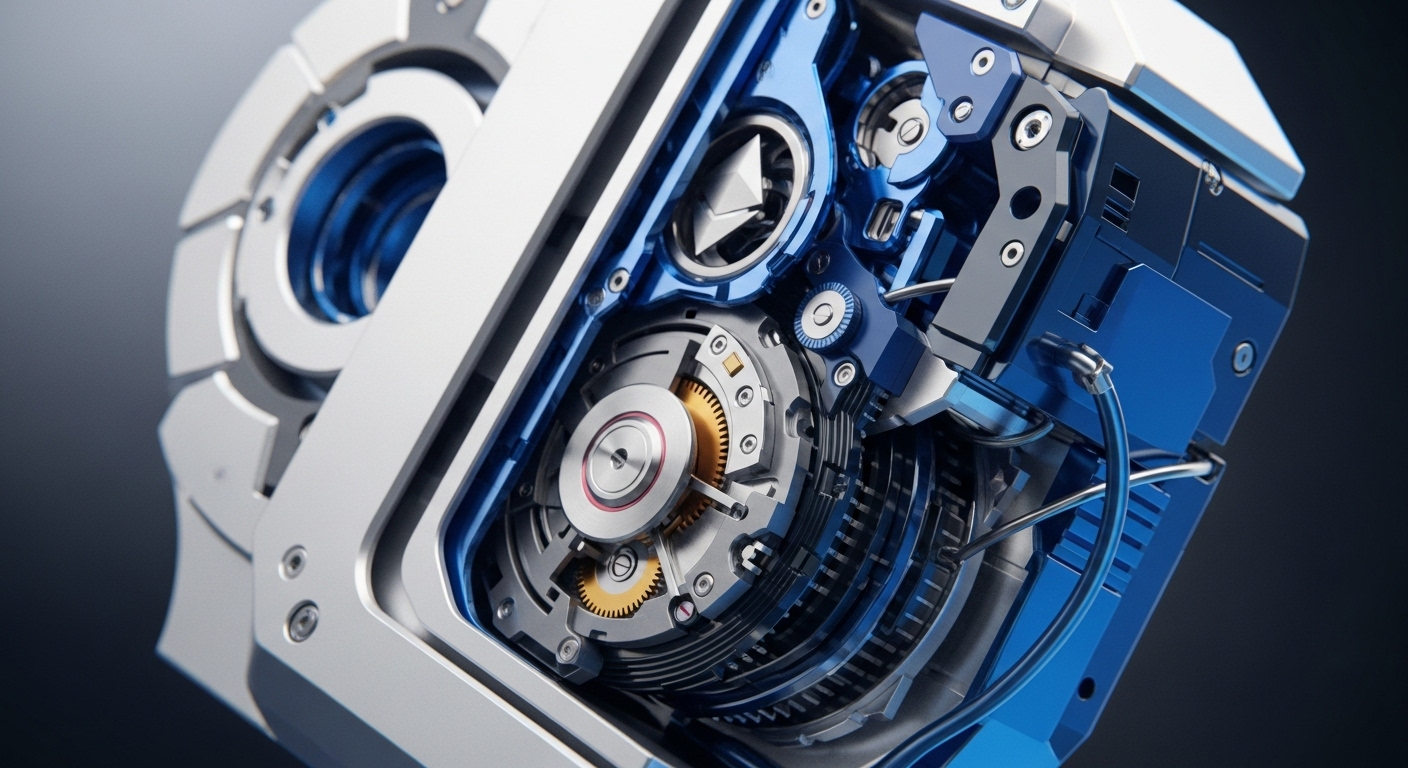Lattice-Based Folding Schemes Achieve Post-Quantum Scalable Zero-Knowledge Proofs


This new lattice-based folding primitive fundamentally secures recursive zero-knowledge proofs against quantum adversaries, ensuring long-term verifiable computation integrity.
Recursive Proof Composition Enables Infinite Scalability and Constant Verification


Recursive proof composition collapses unbounded computation history into a single, constant-size artifact, unlocking theoretical infinite scalability.
Folding Schemes Enable Practical Recursive Zero-Knowledge Arguments


A novel folding scheme compresses computation steps into a single instance, radically reducing recursion overhead for scalable verifiable systems.
Unified Framework Achieves Private Scalable Verifiable Machine Learning


The new proof-composition framework casts verifiable machine learning as succinct matrix computations, delivering linear prover time and architecture privacy for decentralized AI.
Nova Folding Scheme Enables Efficient Recursive Proof Accumulation


Nova's non-interactive folding scheme compresses arbitrary computation histories into a single, logarithmic-size proof, finally enabling practical IVC.
Recursive Zero-Knowledge Proofs Unlock Verifiable Private Computation Scaling


zkAdHoc introduces recursive proof aggregation to generate a constant-size proof for arbitrarily complex computation, enabling scalable on-chain verification.
Log-Space Commitments Enable Hyper-Efficient Recursive Proofs for Scalable State


A novel Log-Space Verifiable Commitment scheme achieves logarithmic verification complexity for continuous state updates, unlocking truly scalable verifiable systems.
HyperNova Enhances Practical Zero-Knowledge Virtual Machine Efficiency


HyperNova introduces a recursive zero-knowledge proof system that significantly reduces overhead for high-degree constraint computations, enabling more practical verifiable virtual machines.
